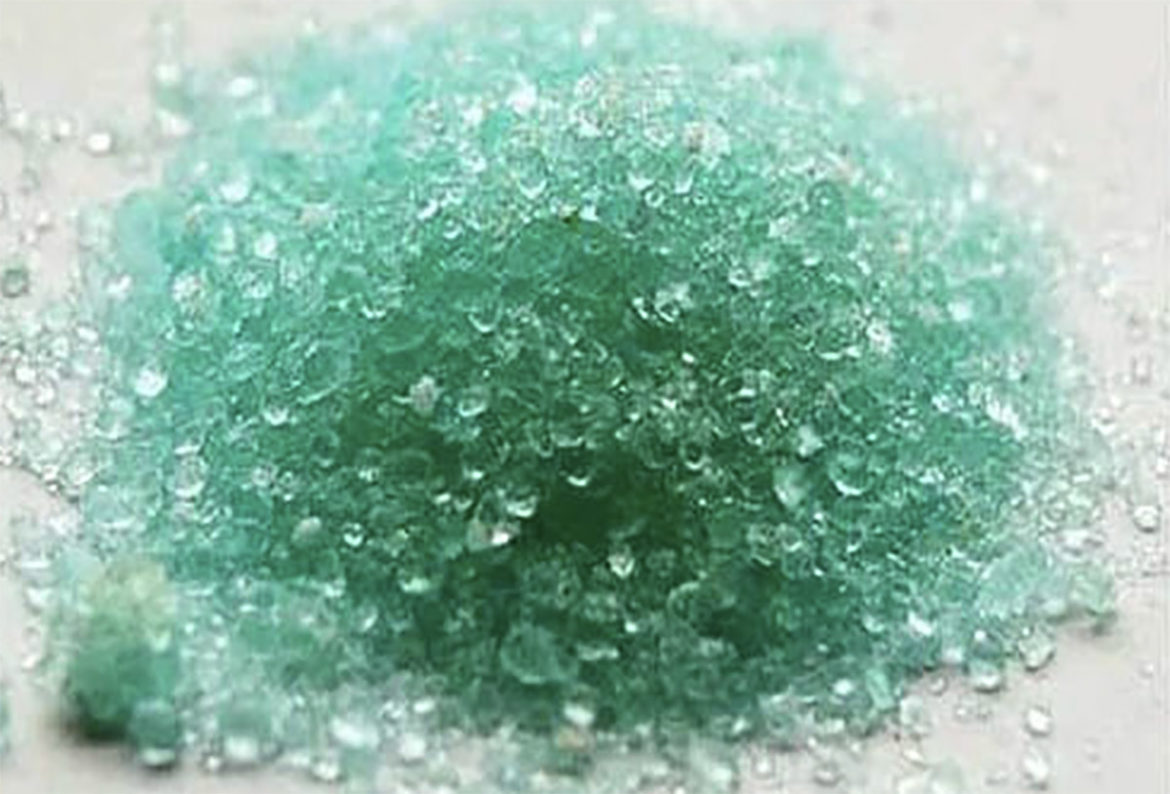Vitriol
- Bitterly harsh or caustic language or criticism.
- A sulfate of any of various metals
Today’s column is about vitriol. There are two definitions for the word. The secondary definition is a sulfate of any of various metals, such as the photo above which is Ferrous Ammonium Sulfate. But I want to talk about the first definition, that of bitterly harsh or caustic language or criticism.
The second is common these days on social media and many cable “news” shows. The other day someone posted a news item on Facebook about a politician and while it was accurate, I asked a question that provoked some very vitriolic responses. Some were downright judgmental, mean, and nasty.
I was immediately given a nasty label by some. Instead of dealing with my question, I was accused of being all kinds of nasty extremist things. My question was not necessarily aimed at one or another political point of view, but it did challenge why one politician was doing something, when it was clearly out of their district.
Of course, no one wanted to give me an answer to my question as it challenged their notion of the way things are supposed to be, and might make that politician look bad. I said “might.” I quickly tired of the responses and deleted my question even though I’m not known for slinking away.
Why did I slink away? Not because I was totally surprised by some of the vitriolic comments, but by whom they came from. Many of the responses came from some I used to work with in journalism. One of the responses from one journalist was the childish comment, “mic drop.” As if that was the proper response. There were several responses from other journalists similar to that.
The way of social media these days means I should expect some of the more childish nasty responses. But I frankly was very surprised me by the childish responses of those who are currently journalists. Journalists should have a better, intelligent, response. But frankly, they should stay away from responding like that.
If there is a question asked, it should be answered. Mine was a valid question. One I would ask any politician. But these days it seems to that there are some politicians who face tough questions, and some who do not, depending on the political views of the journalists. That is a crying shame.
What’s worse, there are journalists defending politicians who dodge questions, running interference for them.
All elected officials deserve tough examination, not hero worship. Particularly from journalists here in this country. Notice I said tough examination, not harsh treatment. If they dodge a question, then more digging is warranted. What are they not telling us?
Journalists should not drop an issue because they, as a journalist, like that politician and their point of view. If anything, that journalist should be doubly tough on the politician whose point of view and politics they agree with. The same holds true for the unelected politicians – those appointed to their offices or those who are in the bureaucracy.
How many times have folks in government been given a pass by journalists, only to have the facts come out later that should have been caught by those journalists in the first place.
So, to those journalists who responded to me with such vitriolic comments I say shame on you and do your jobs! Stop with the put downs and start asking tougher questions!
This is one of a series of posts where I am writing about a variety of subjects. Feel free to email me with ideas for columns. I do prefer to write about fun things, but I’m not afraid to say something when I feel there is something off.

